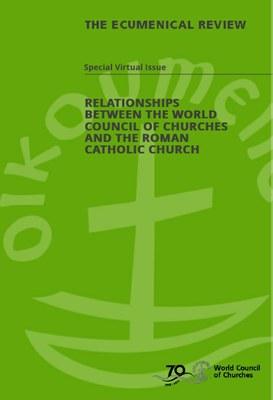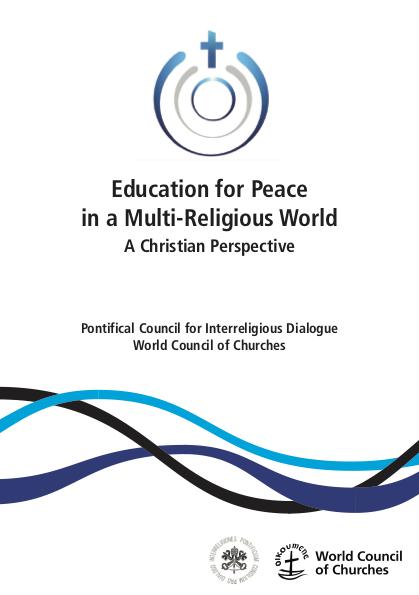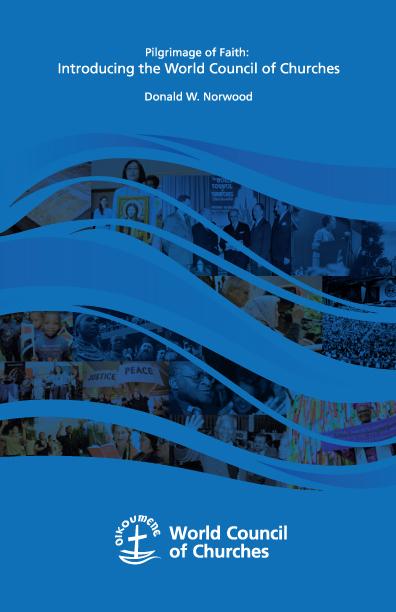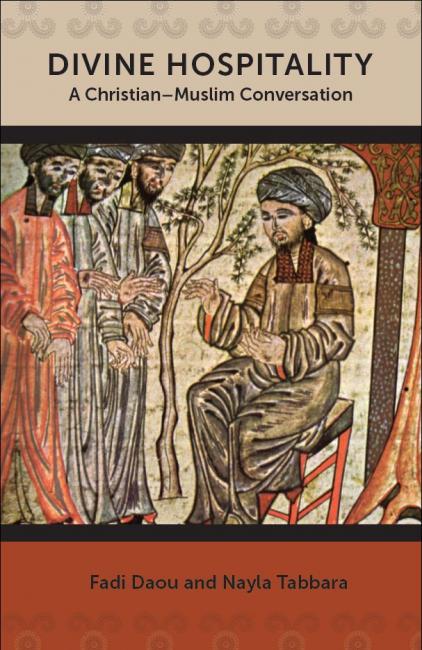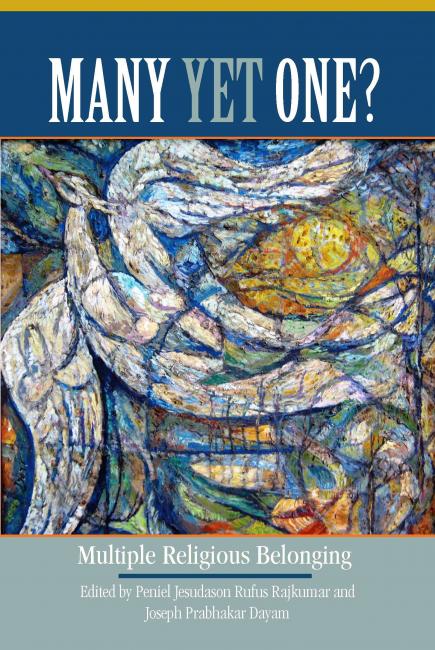Mostrando 241 - 260 de 263
05 Agosto 2020
International Review of Mission
05 Agosto 2020
International Review of Mission
05 Agosto 2020
International Review of Mission
05 Agosto 2020
The Ecumenical Review
05 Agosto 2020
The Ecumenical Review
05 Agosto 2020
The Ecumenical Review
05 Agosto 2020
Current dialogue
18 Diciembre 2018
Walking Together
Theological Reflections on the Ecumenical Pilgrimage of Justice and Peace
28 Mayo 2018
International Review of Mission
05 Diciembre 2017
Ein Gespräch mit dem äthiopischen Patriarchen Abune Matthias
14 Febrero 2017
An interview with the Ethiopian Patriarch, Abune Matthias
14 Febrero 2017
Entrevista con el patriarca etíope Abune Matías
14 Febrero 2017
Hosanna! Ecumenical Songs for Justice and Peace
01 Agosto 2016

